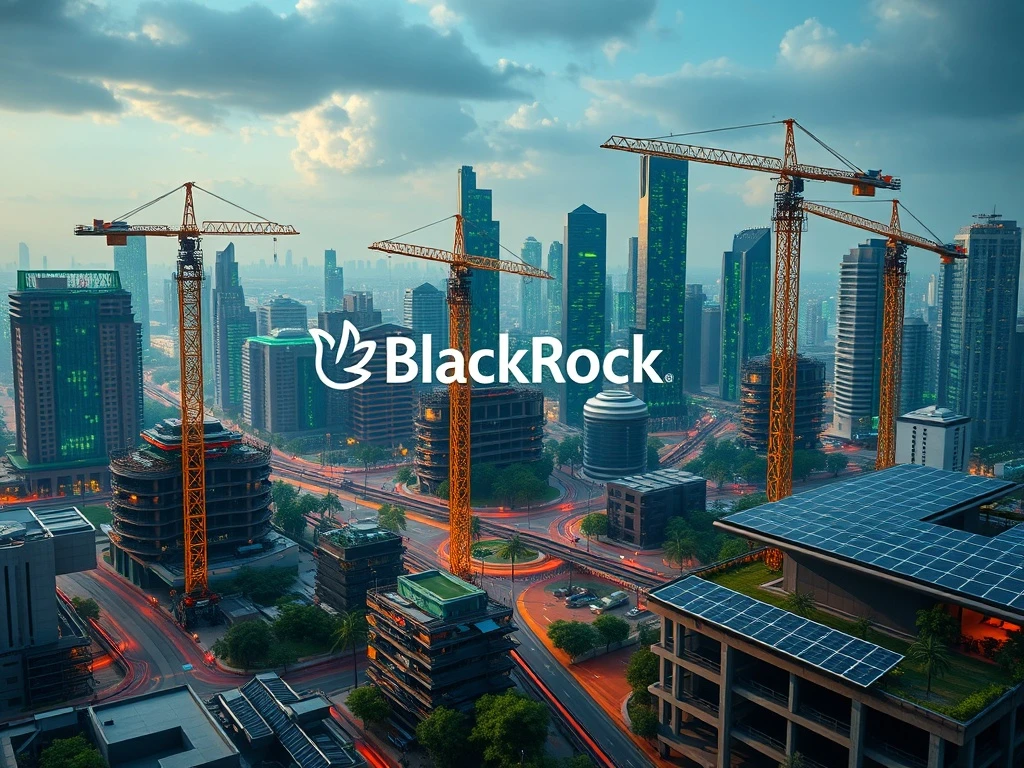BlackRock’s Ambitious $68 Trillion Plan: Revolutionizing Infrastructure and ESG Goals

In a groundbreaking move that could redefine global finance, BlackRock has proposed redirecting a staggering $68 trillion in savings toward local infrastructure and ESG goals. This bold initiative, dubbed “Globalization 2.0,” comes as governments struggle with mounting debt and investors seek alternatives to traditional markets. But what does this mean for the future of finance, and could it accelerate the shift toward decentralized assets like Bitcoin?
BlackRock’s Vision: Globalization 2.0 and ESG Goals
CEO Larry Fink’s proposal aims to address wealth inequality by channeling savings into local projects that align with environmental, social, and governance (ESG) standards. Key aspects include:
- Automatic enrollment in pension funds managed by asset managers
- Focus on decarbonization and sustainable development
- Bridging Europe’s fragmented capital markets
The $68 Trillion Infrastructure Opportunity
BlackRock identifies massive untapped potential:
| Region | Idle Savings | Infrastructure Need |
|---|---|---|
| United States | $25 trillion | $68 trillion global requirement |
| European Union | $13 trillion |
Risks and Alternatives: Could Bitcoin Benefit?
While the plan offers potential benefits, significant challenges exist:
- Illiquidity of infrastructure investments
- Growing concerns about U.S. dollar stability
- Fink’s own warning about digital asset disruption
These factors may drive investors toward decentralized alternatives like Bitcoin as a hedge against centralized financial control.
The Future of Capital Allocation
As private managers like BlackRock position themselves as intermediaries between savings and investment, fundamental questions emerge about:
- The balance between public and private control
- The role of digital assets in democratizing finance
- How tokenization could transform investment access
FAQs
Q: How would BlackRock’s plan affect individual investors?
A: Automatic enrollment could redirect savings without direct consent, potentially limiting access to funds during lock-up periods.
Q: Why is infrastructure investment considered illiquid?
A: These projects often require decades to complete and generate returns, unlike stocks or bonds that can be sold quickly.
Q: How does this relate to cryptocurrency?
A: As concerns grow about centralized control and dollar stability, decentralized assets may become more attractive alternatives.
Q: What are the main ESG goals in this proposal?
A: Primary focus includes decarbonization, sustainable urban development, and alignment with UN development targets.









